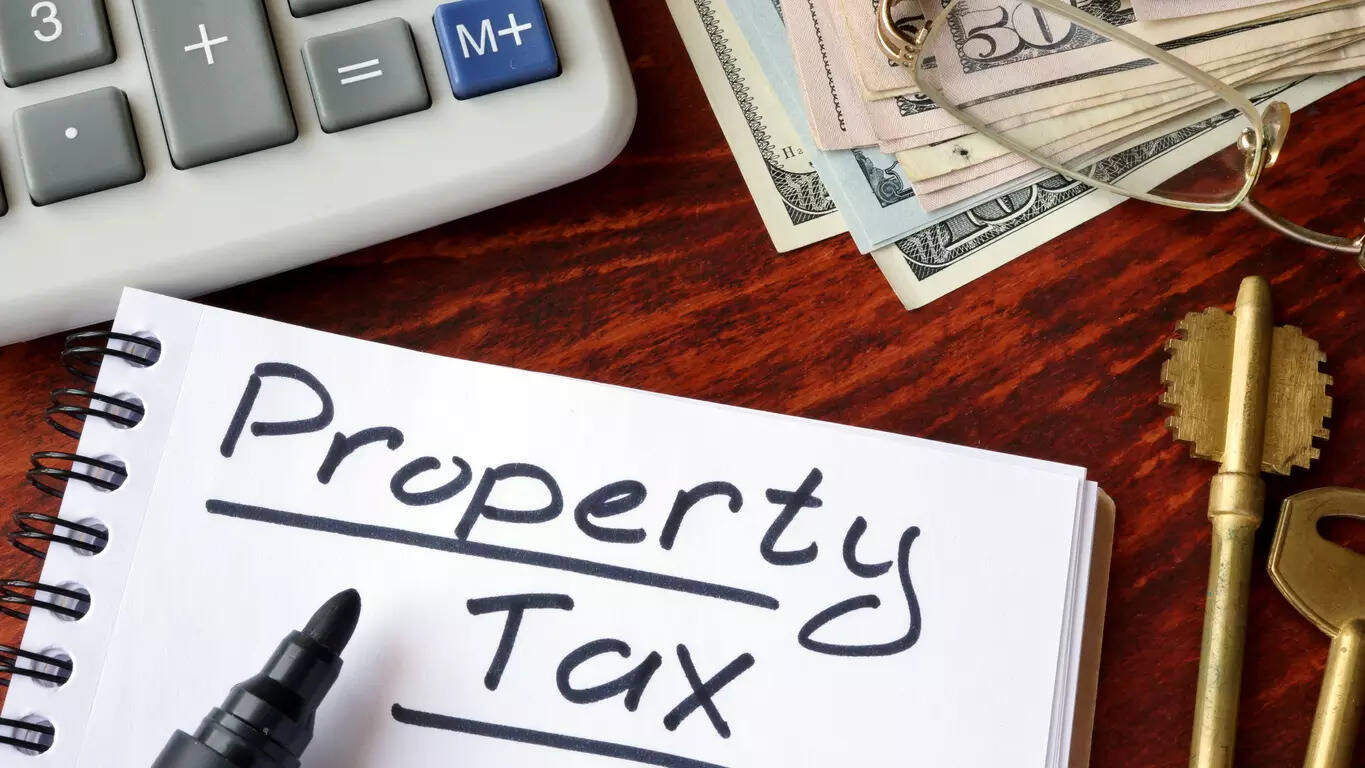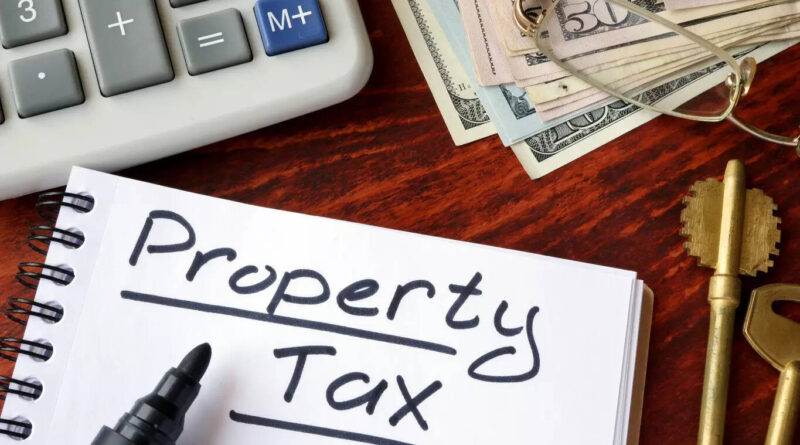Madurai civic body collects ₹54.91 crore property tax in April 2025, ET RealEstate

MADURAI: Madurai corporation has recorded an all-time high property tax collection of ₹54.91 crore in April, following successful implementation of a 5% early payment incentive scheme. The increase is more than double ₹23.21 crore collected in April 2024, during the same incentive window. Corporation officials attribute the sharp rise in collections to aggressive field-level enforcement, awareness campaigns, both targeted and through social media.
The 5% rebate offered to property owners who paid taxes before April 30, capped at ₹5,000 per taxpayer, is said to have boosted compliance. Officials said this was the highest-ever property tax collection in a single month in the civic body’s history. A senior corporation official credited this significant increase to aggressive awareness campaigns spearheaded by commissioner Chitra Vijayan. “We have taken a proactive approach by focusing on clearing pending dues ahead of the 2026 Tamil Nadu assembly elections,” the official said. Over 3.5 lakh property tax notices were printed and distributed ward-wise in April as part of the outreach effort, added the official.
To facilitate collections, the corporation deployed assistant revenue officers and bill collectors across all 100 wards, targeting both residential and commercial defaulters. Additionally, all tax collection centres remained open on weekends throughout April, excluding public holidays, offering much convenience for working residents.
Out of the ₹54.91 crore collected in April, ₹47.31 crore came from current year taxes while ₹9.1 crore was mobilized through arrears. This accounts for nearly 20% of the total tax demand for the financial year 2025–26. The civic body has set an ambitious target of ₹25 crore in property tax collections each month, said the official.
In the previous fiscal year (2024–25), the corporation managed to collect ₹251 crore, about 80% of its ₹310 crore target. “Encouraged by this year’s strong start, the administration is pushing further reforms to enhance tax compliance and plug revenue leaks,” added the official.
The corporation is now coordinating with TNEB to analyze electricity consumption patterns. The aim is to identify properties being used for commercial purposes but still classified as residential, thereby ensuring more accurate tax assessments.
However, officials noted that non-tax revenue remains an area of concern. Collections from sources such as shop rents, parking fees, and lease amounts from municipal properties have lagged behind projections. Many shops under corporation ownership have rent arrears pending for months, and efforts are underway to issue reminders and enforce lease agreements.



